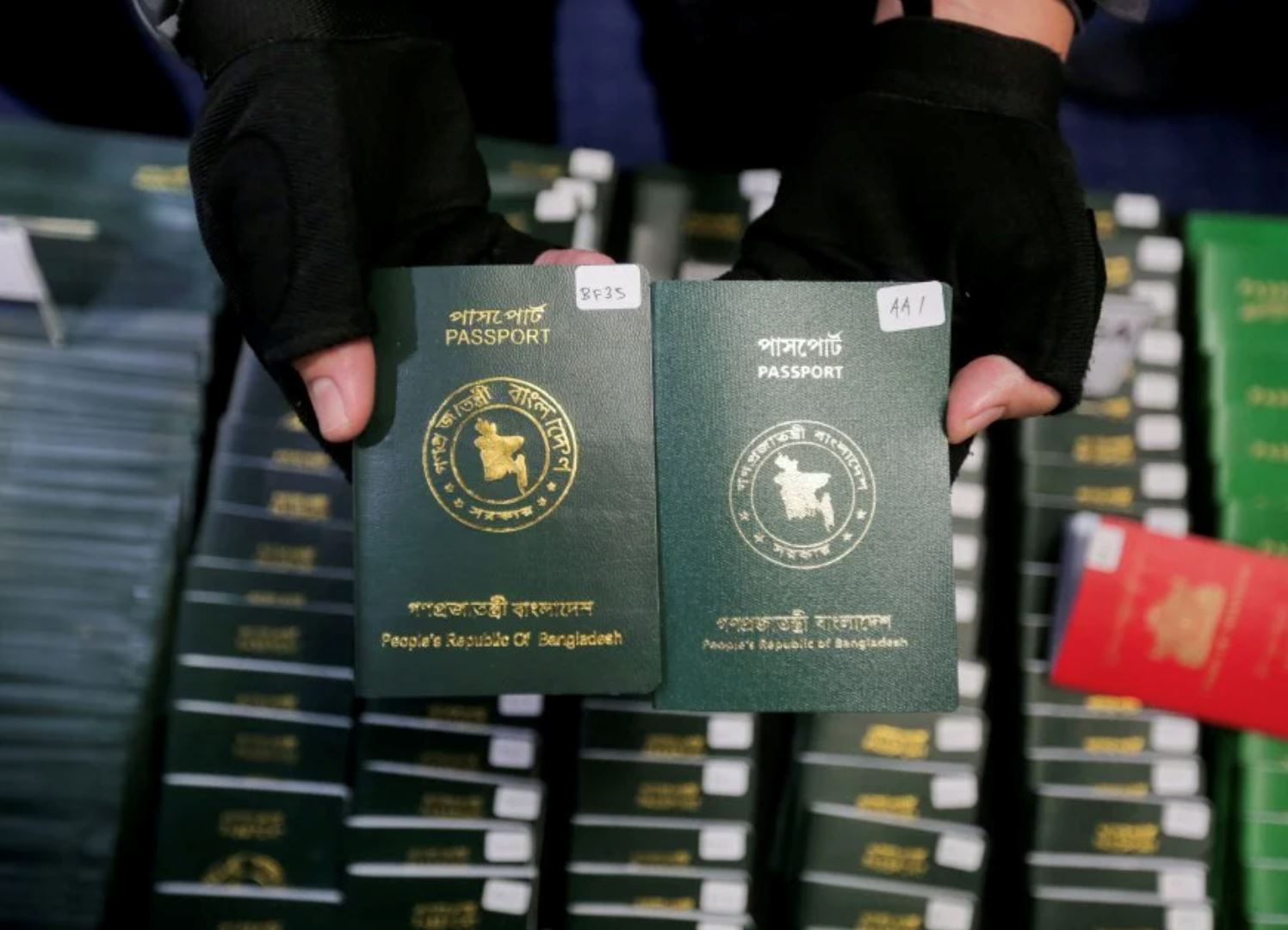When immigration officers at KLIA Terminal 2 stopped a 33-year-old Indonesian man during a routine inspection, they quickly spotted something suspicious.
His passport was filled with stamps showing multiple entries and exits between 2022 and 2025, but the immigration database had no record of these movements.
 Photo via Malaysia Gazette
Photo via Malaysia Gazette
The Malaysian Border Control and Protection Agency (MCBA) revealed he had entered Malaysia legally through Pasir Gudang in July 2022 and appeared to leave via KLIA a month later. In reality, he never left. Instead, he used a method known as a “flying passport” — sending his passport, without himself, across the border to be stamped by corrupt officials. The man admitted paying RM4,000 for fake stamps over three years, allowing him to overstay undetected.
This practice is far from harmless. It undermines the integrity of Malaysia’s border control, creates loopholes for serious crimes like human trafficking and money laundering, and erodes trust in the immigration system. It relies on collusion with rogue officers, damaging the credibility of law enforcement and risking Malaysia’s international reputation.
 Photo via New Straits Times
Photo via New Straits Times
Similar schemes have been exposed in Thailand and Indonesia, and in July, four officers in Johor were arrested for allegedly stamping passports without their holders present. Authorities warn that if left unchecked, flying passports could lead to stricter visa rules for Malaysians abroad and strain relations with key partners such as Singapore, Japan, and the EU.
For the man at KLIA, the scam bought him extra years in the country — but it also exposed a dangerous network that threatens national security. His arrest is a reminder that while the passport may “fly”, the consequences land heavily on Malaysia’s borders.
